Introduction to Economics Microeconomics Price Determination Key

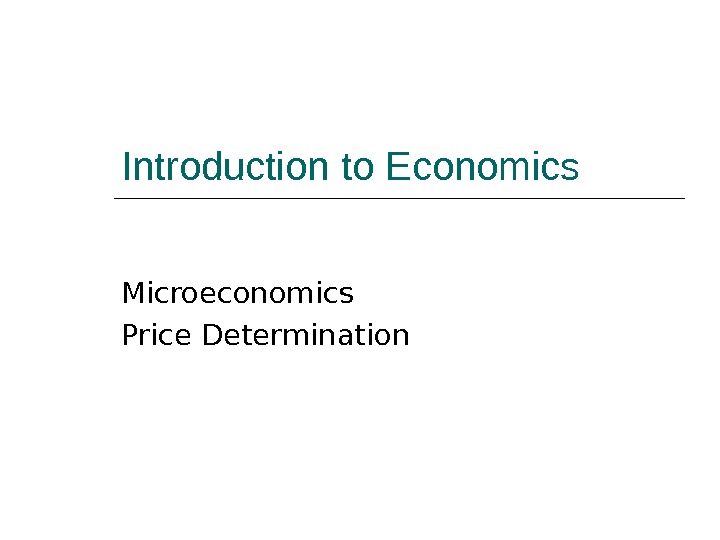
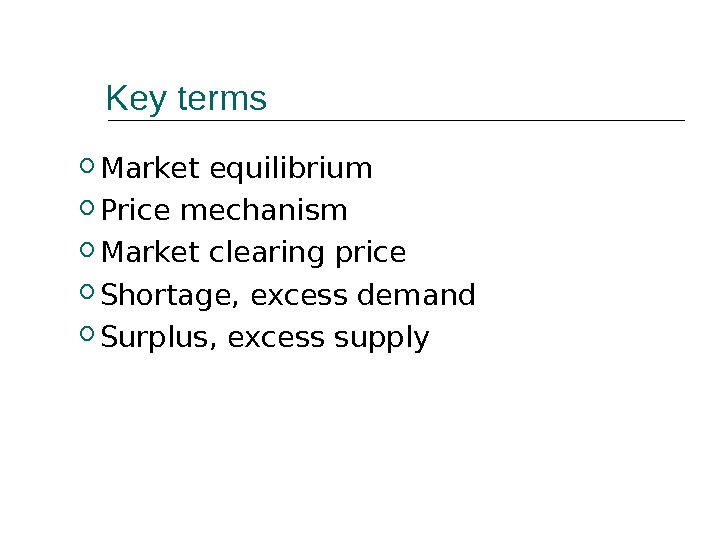

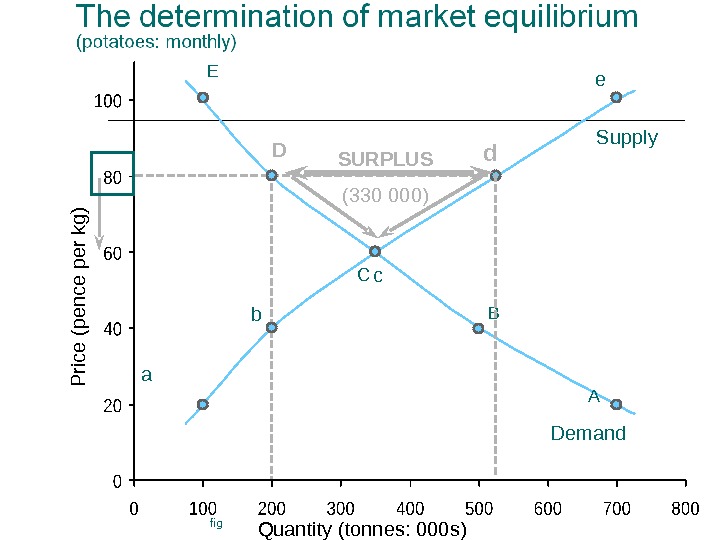


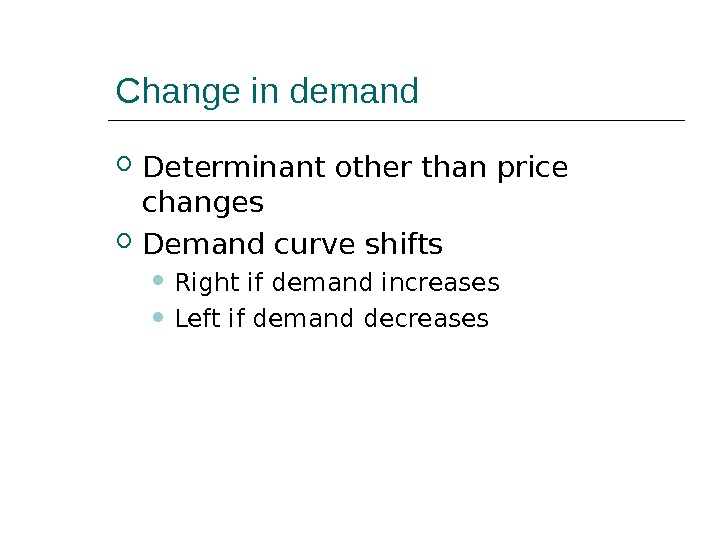



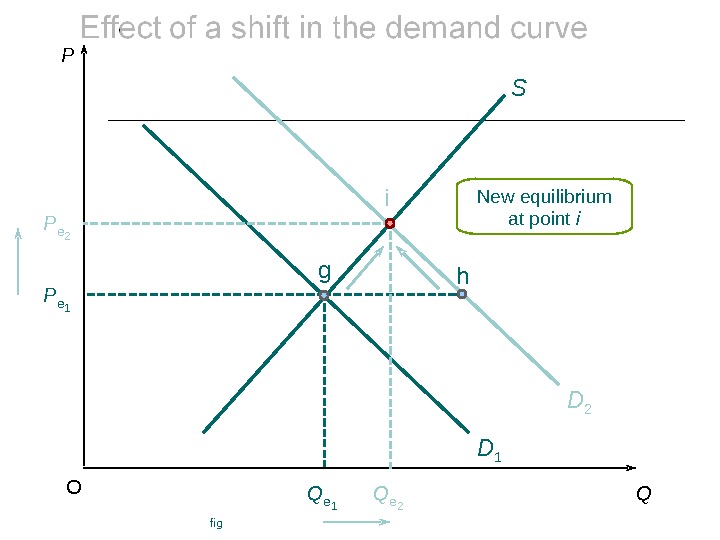



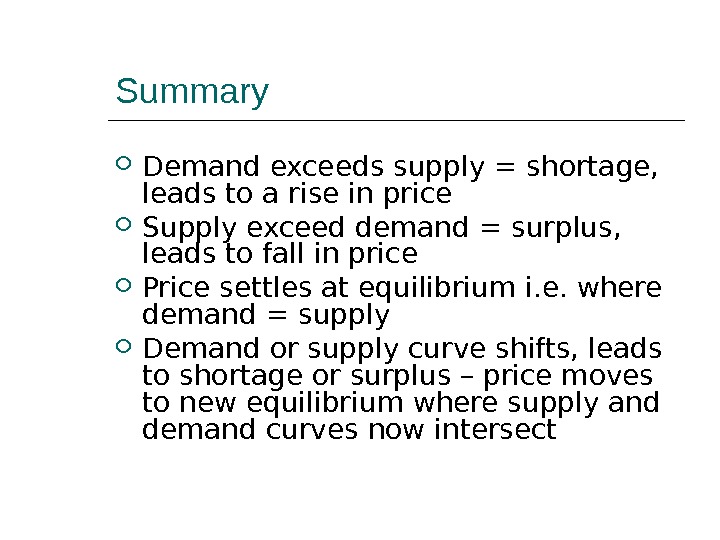
class2_price_determination.ppt
- Размер: 487 Кб
- Количество слайдов: 15
Описание презентации Introduction to Economics Microeconomics Price Determination Key по слайдам
 Introduction to Economics Microeconomics Price Determination
Introduction to Economics Microeconomics Price Determination
 Key terms Market equilibrium Price mechanism Market clearing price Shortage, excess demand Surplus, excess supply
Key terms Market equilibrium Price mechanism Market clearing price Shortage, excess demand Surplus, excess supply
 Equilibrium price and output Combines analysis of demand supply Market clearing – when supply matches demand Equilibrium is the point where conflicting interests are balanced Price is determined by the INTERACTION BETWEEN demand supply in a competitive market
Equilibrium price and output Combines analysis of demand supply Market clearing – when supply matches demand Equilibrium is the point where conflicting interests are balanced Price is determined by the INTERACTION BETWEEN demand supply in a competitive market
 fig Quantity (tonnes: 000 s)E C B Aa b c e Supply Demand. P rice (p e n ce p e r k g )D d SURPLUS (330 000)
fig Quantity (tonnes: 000 s)E C B Aa b c e Supply Demand. P rice (p e n ce p e r k g )D d SURPLUS (330 000)

 The Determination of Price and Output Demand supply curves effect of price being above equilibrium price falls Why does the price fall if above equilibrium?
The Determination of Price and Output Demand supply curves effect of price being above equilibrium price falls Why does the price fall if above equilibrium?
 Change in demand Determinant other than price changes Demand curve shifts Right if demand increases Left if demand decreases
Change in demand Determinant other than price changes Demand curve shifts Right if demand increases Left if demand decreases
 Change in supply Determinant other than price changes Supply curve shifts: Right if supply increases Left if supply decreases
Change in supply Determinant other than price changes Supply curve shifts: Right if supply increases Left if supply decreases
 fig. P QOP e 1 Q e 1 S D 1 g Initial equilibrium at point g
fig. P QOP e 1 Q e 1 S D 1 g Initial equilibrium at point g
 fig. P QOP e 1 Q e 1 S D 1 D 2 g
fig. P QOP e 1 Q e 1 S D 1 D 2 g
 fig. P QOP e 1 Q e 1 S g h D 1 D 2 P e 2 Q e 2 i New equilibrium at point i
fig. P QOP e 1 Q e 1 S g h D 1 D 2 P e 2 Q e 2 i New equilibrium at point i
 Movement to a new equilibrium Shift in one curve means movement along the other New intersection is the new equilibrium Changes in more than one determinant means BOTH curves can shift If both curves move, new equilibrium is where the NEW curves meet
Movement to a new equilibrium Shift in one curve means movement along the other New intersection is the new equilibrium Changes in more than one determinant means BOTH curves can shift If both curves move, new equilibrium is where the NEW curves meet
 Movement to a new equilibrium
Movement to a new equilibrium
 Discussion Is the following statement true? ‘ An increase in demand will cause an increase in price. This increase in price will cause a reduction in demand, until demand is reduced back to its original level’.
Discussion Is the following statement true? ‘ An increase in demand will cause an increase in price. This increase in price will cause a reduction in demand, until demand is reduced back to its original level’.
 Summary Demand exceeds supply = shortage, leads to a rise in price Supply exceed demand = surplus, leads to fall in price Price settles at equilibrium i. e. where demand = supply Demand or supply curve shifts, leads to shortage or surplus – price moves to new equilibrium where supply and demand curves now intersect
Summary Demand exceeds supply = shortage, leads to a rise in price Supply exceed demand = surplus, leads to fall in price Price settles at equilibrium i. e. where demand = supply Demand or supply curve shifts, leads to shortage or surplus – price moves to new equilibrium where supply and demand curves now intersect

